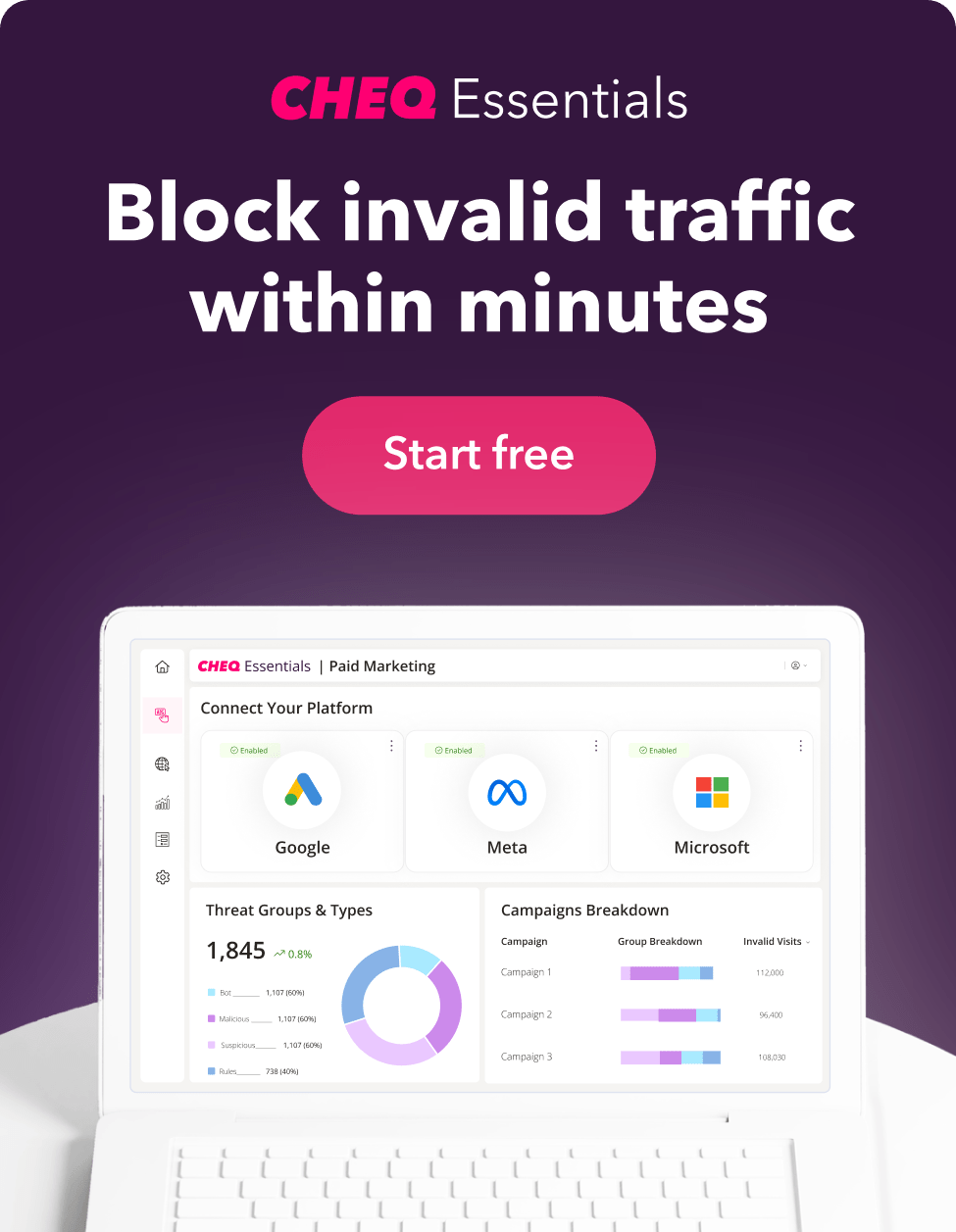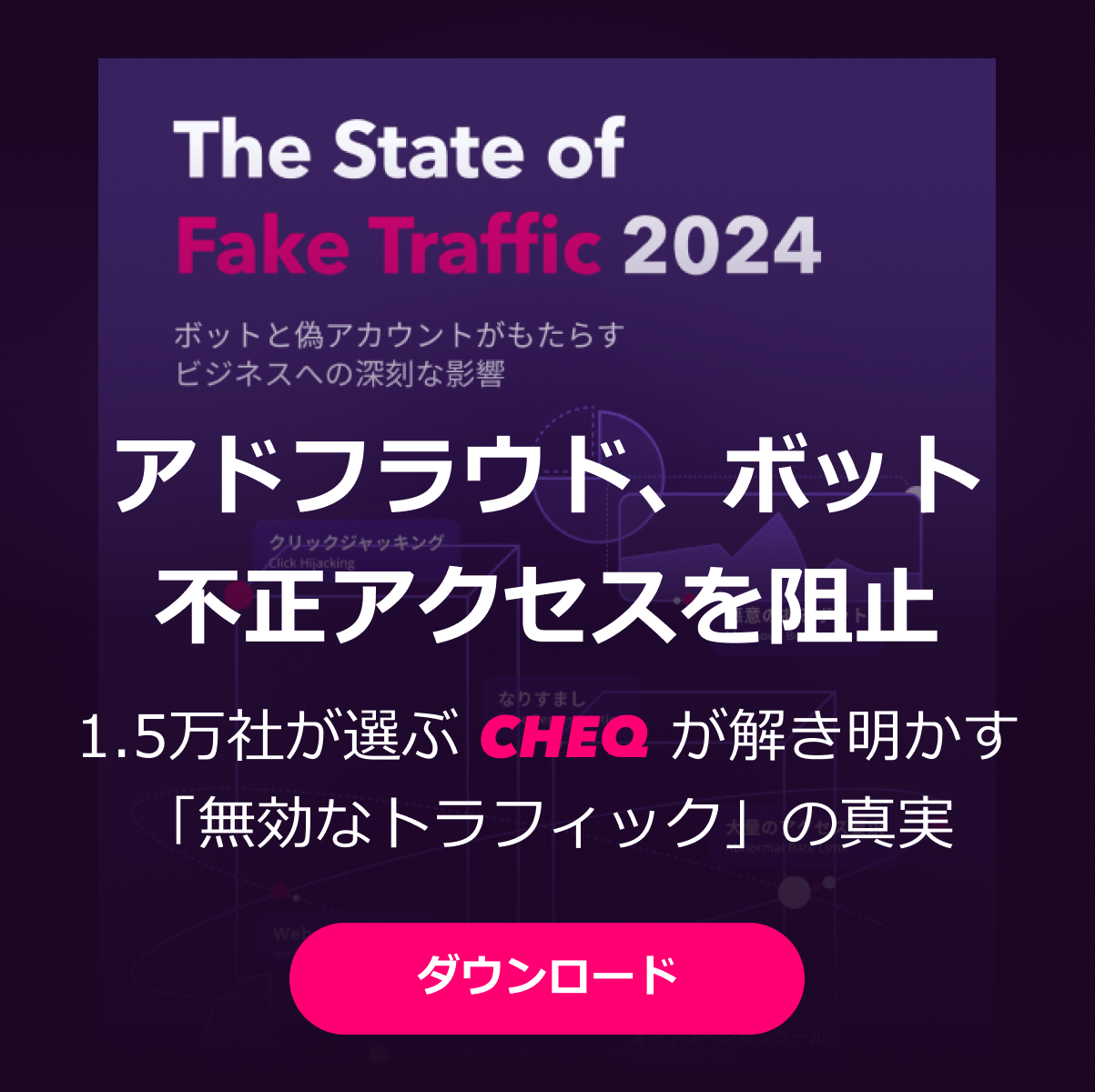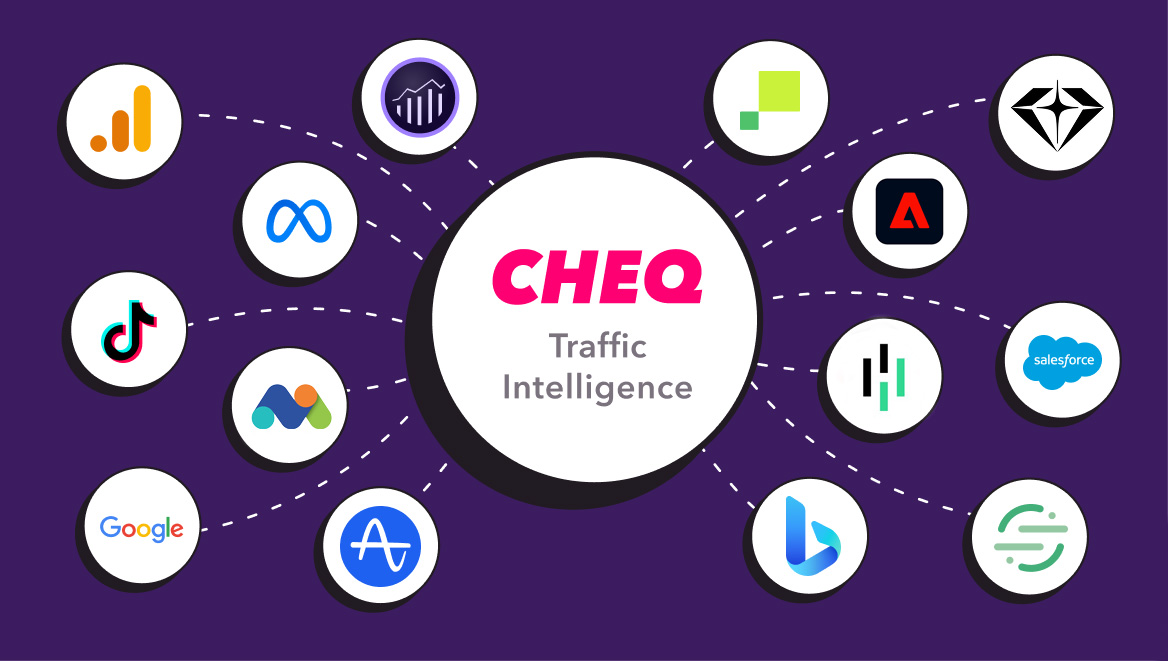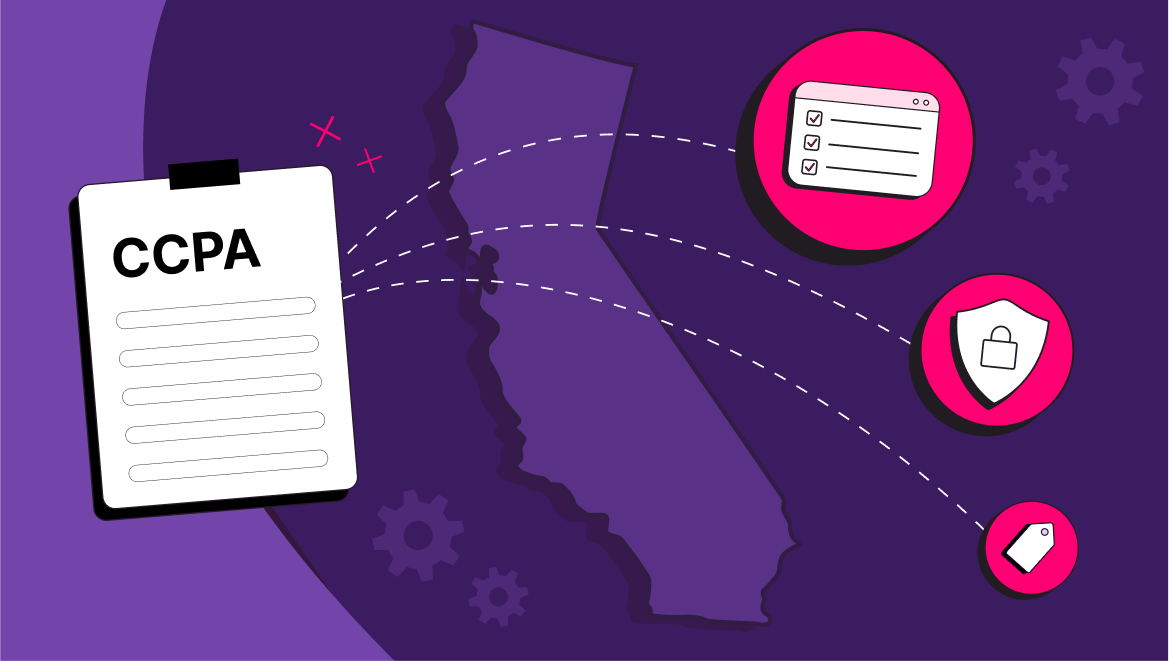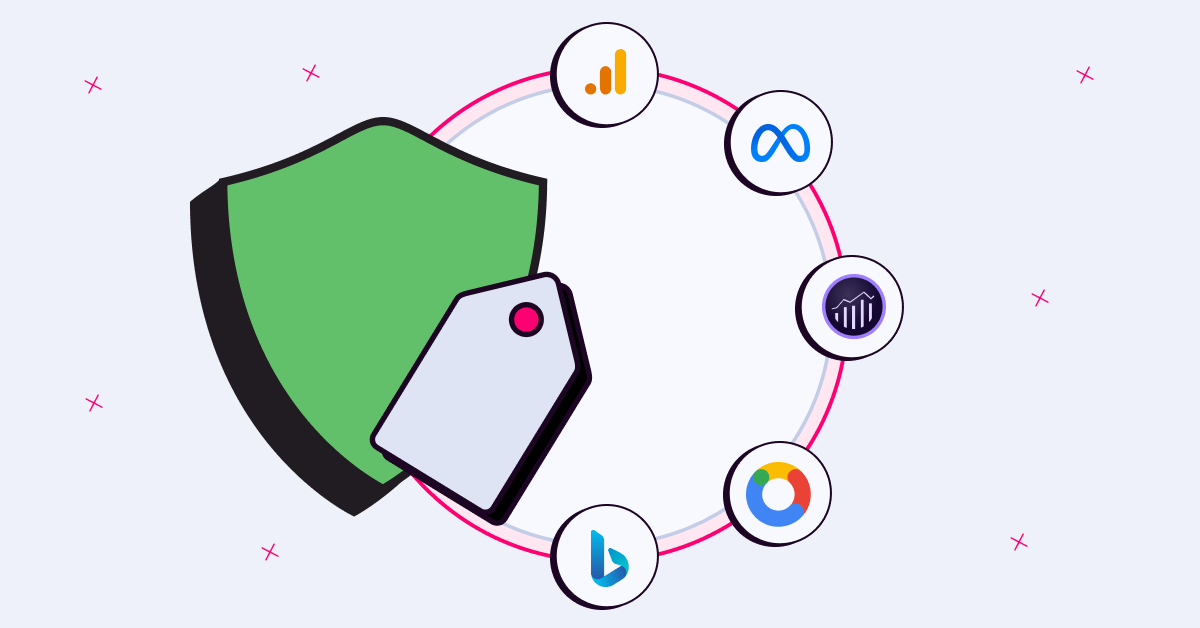4 Competitor Click Fraud Practices You Should Know
Ilan Missulawin
|Cyber Risks & Threats | July 09, 2023

Competition in business is healthy. While that statement is true, some competitive practices are definitely not healthy or fair. One of these, competitor click fraud, is a growing trend in high-value and competitive industries.
The act of competitor click fraud is when a rival business clicks on the paid ads of a competitor to deplete its PPC ad budget.
As of 2020, the rate of competitor clicking has never been higher. However, the patterns of competitors attacking your campaigns differ depending on the sector you are in. Based on exclusive CHEQ data across 78 countries and 38 sectors, we analyze the characteristics of online sabotage by competitors in four very different sectors.
- On-Demand Repair specialists: Drive-by click fraud
Locksmiths, plumbers, pest control specialists, and heating and ventilation experts are among the hardest hit by competitor click fraud.
These vital on-demand repair specialists suffer at least a 40% competitor click rate across their PPC campaigns.
The businesses that see the highest volumes of competitor click fraud include:
- Pest control services 62%
- Locksmiths 53%
- Plumbers 46%
- Waste removal specialists 45%.
This tends to be repeated and not very subtle online attacks on rival spend, that can only be put down to unfair and illegal competition.
Repair businesses see their ads clicked 5 to 10 times a day with no accompanying call for services.
Zack Shipman, Senior Consultant at CHEQ, says: “We have found it is usually tradesmen driving around in their vans, doing a search for tradesmen in their area and clicking a bunch of times on ads for competitors. In these cases, their daily limit for ad spend is $500 a day; however, because of the high-cost keywords, at around $50 per click, this budget is exhausted in 10 malicious clicks.”
Matt Robinson of 12-person Palace Plumbers in the UK says: “Losses from click fraud have amounted to “at least a couple of thousand pounds.” Robinson adds: “I began to notice that our activity would spike at certain times of the day and deplete our daily budget. This always seemed to be around the daily peak period of 10:00 am -12:00 pm.”
- E-commerce and gambling
Online gambling and E-commerce companies achieve click fraud rates of around 14%. Given the lower cost of clicks (usually 10 cents), click fraud usually involves bot traffic clicking on top keywords. Such bots are automated browsers programmed by cyber criminals to do a specific set of tasks, like hitting webpages to cause ad impressions to load and then clicking on them. In fact, E-commerce click fraud – encompassing attacks against both enterprises and SMEs – is set to cost businesses $3.8 billion in 2020.
- White-collar Click Fraud
In the case of landing a real estate listing or a big-ticket client representation, competitors in law firms or rival realtors demonstrate their sharp elbows to sabotage their client’s ads.
Rates of click fraud among law firms are 15%; however, this rose to 17% during May when COVID-19 kept many lawyers in lockdown and saw even large firms carry out large-scale redundancies.
Stephan Futeral, CEO of JustLaw, a digital marketing agency for law firms speaking about the considerable impact of click fraud, says he managed a PPC campaign for a DUI defense firm spending $20,000 a month. He soon found strange analytics infecting his PPC campaign.
He says: “I have encountered substantial fraudulent activities that, if left unchecked, cause significant financial losses and poor campaign performance.”
Realtors seeking a high-priced commission engage in click fraud, with invalid rates of 31% on PPC campaigns. This rose to a massive 44% in April 2020 as the impact of COVID-19 brought fierce competition for low numbers of listing opportunities. Homes for sale in the US continue to be in short supply, down nearly 20% compared to a year ago, according to the US Housing Trends report.
- B2B Click battles
It is not only ads seeking consumer clicks that are sabotaged. Highly competitive B2B software vendors see invalid click rates at 9%. Callum McKeefery, Founder & CEO of REVIEWS.io, which offers a solution allowing clients of a business to review their product or service online, says: “This has happened to us a lot.
A competitor has continuously clicked on our paid ad. There was one device in Melbourne, Australia, that clicked on our ad once every couple of days but on really expensive keywords. These keywords cost between $13 and $19 a click. Competitors are doing this on hundreds of devices.”
How can you stop competitor click fraud?
If you think there is a strong case for a competitor to click your ads, or you suspect your PPC Ads aren’t performing as well as they should be, try CHEQ Essentials for free. With a 7-day free trial, you can see for yourself if there is any strange activity on your paid ads and use the powerful tools of CHEQ to stop click fraud!
